Food inflation accelerated 1.6% in July - up from 1.2% in the previous two months - with vegetable and fruit particularly affected, according to the latest BRC-Nielsen shop price index.
Overall shop price deflation fell by 0.3% in July when compared to the same month last year - the lowest rate since December 2017.
Fresh food inflation picked up by 1.2% in July, from 0.8% in June, while ambient food inflation increased by 2.2%, up from 1.6% in June.
Commenting on the figures, British Retail Consortium chief executive Helen Dickinson OBE said: “Food inflation increased in July, with vegetables and fruit affected in particular thanks to the effects of a cold spring and the recent prolonged dry period. This month also saw non-food items reach their lowest level of deflation since December 2017.
“We expect this period of food price inflation to continue in coming months as despite global oil, food and commodities prices shrinking recently, the hot, dry conditions we have seen across the northern hemisphere means the pressure on prices will continue for some time to come.”
Nielsen’s head of retailer and business insight Mike Watkins added: “The slight increase in food inflation over the early summer has been offset by increased demand for food and drink as the result of the heatwave and incremental spend around the World Cup.
“On the non-food high street, retailers are maintaining the level and depth of price cuts and promotions to help drive footfall over the holiday period. Looking ahead, with weather related changes in commodity markets anticipated, fluctuating currencies and wavering consumer spending, retailers still need to minimise price increases, as the underlying trading conditions across the retail industry remain challenging.”









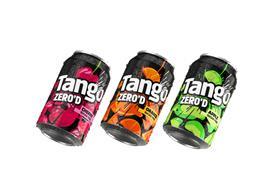
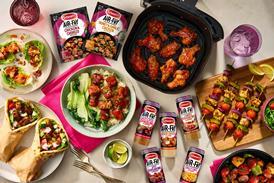

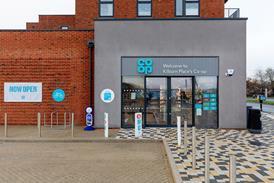







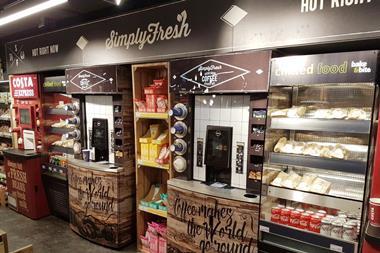
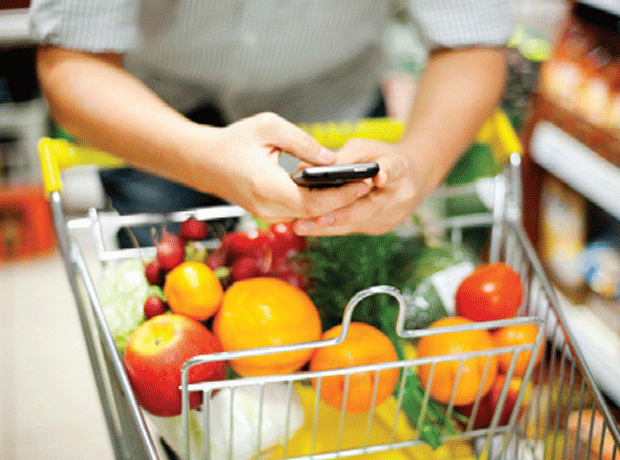
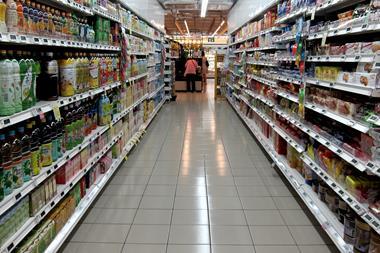
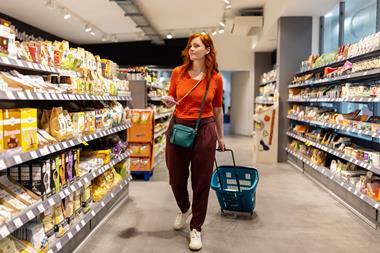
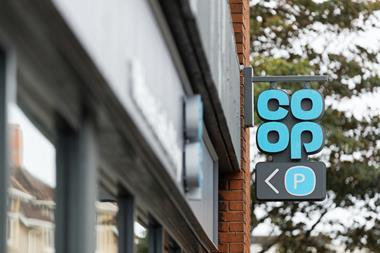
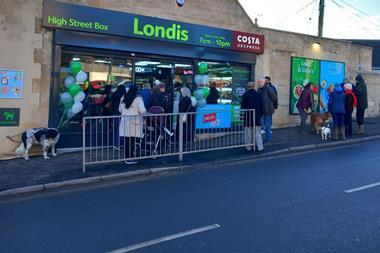
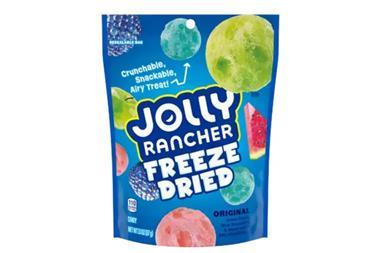
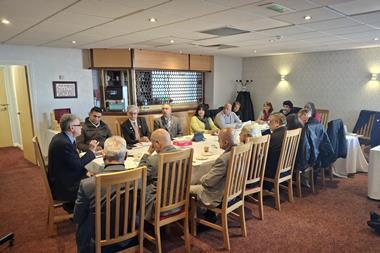



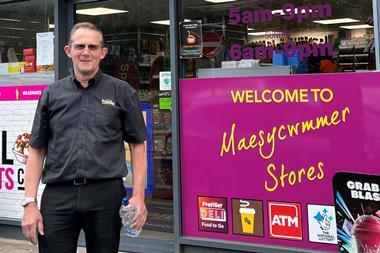
No comments yet